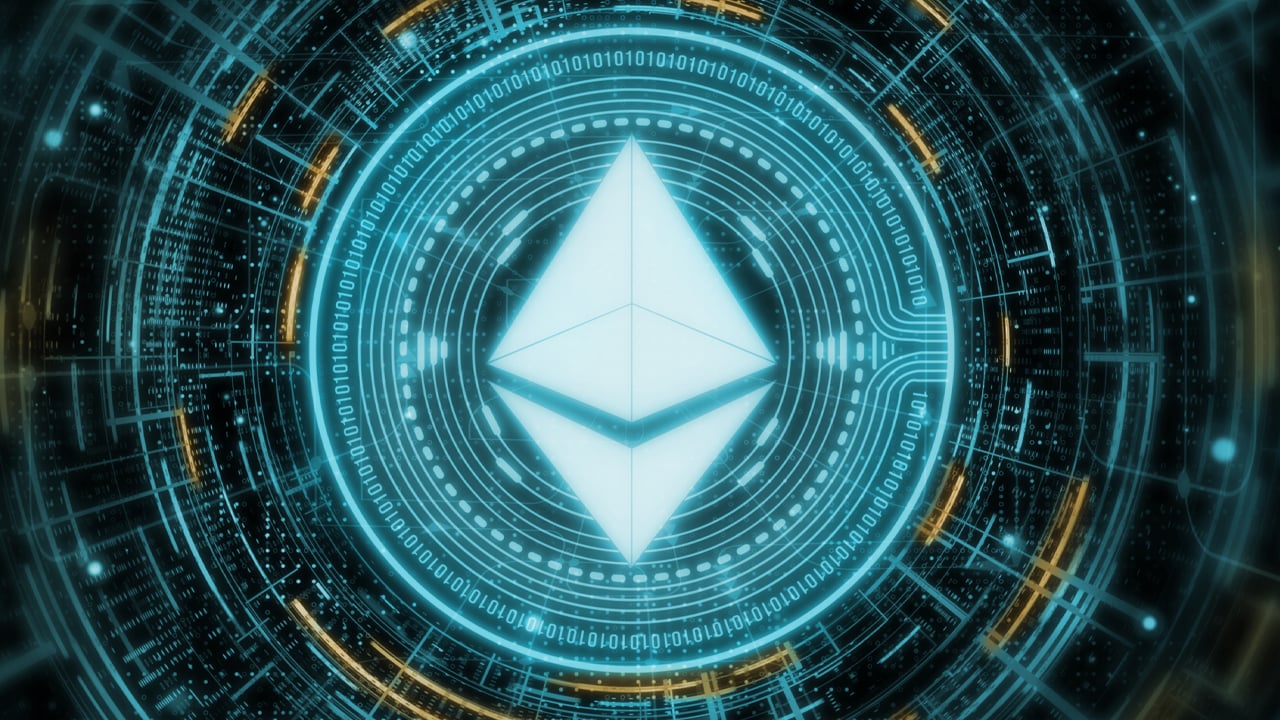The Ethereum blockchain is set to undergo its next major update since the network switched from proof-of-work to proof-of-stake through The Merge. The upcoming upgrade, dubbed “Shapella,” which combines the Shanghai and Capella validator changes, is expected to take place on April 12, 2023. While most users will not be affected by the change, the hard fork aims to enable staking validators to withdraw their staked ethereum.
Shapella Network Upgrade to Activate on the Ethereum Network at Epoch 194048
Members of the crypto community have eagerly awaited and discussed the upcoming Shapella upgrade, scheduled for April 12, 2023. According to statistics, the upgrade is just over 24 hours away. The Shanghai and Capella upgrades will occur simultaneously, with Shanghai upgrading the network’s execution clients and Capella focused on the consensus layer or consensus clients.
According to Ethereum Improvement Proposal (EIP) #4895, the purpose of Shapella is to enable staking validators to withdraw their funds for the first time. Currently, $34 billion or 18.14 million ether is locked into the Beacon chain contract. After Shapella takes place, these validators will be able to withdraw their funds, subject to specific thresholds built into the rules, such as 1,800 validator cap per day. Additionally, specific validators must designate a valid withdrawal address for full withdrawals, and there are two types of withdrawals.
Those with a valid withdrawal address and excess funds earned from validating or staking will undergo partial withdrawals. Full withdrawals will enable validators to remove the entire 32 ETH required to stake and exit the validator system entirely. Average ethereum users will not be required to take any action for the hard fork, but all validators must upgrade their clients. The Ethereum Foundation has provided all the essential information about the upgrade in a blog post.
“After a smooth Goerli transition, client teams have scheduled the Shapella upgrade for mainnet activation,” the Ethereum Foundation detailed on March 28, 2023. “Consensus was quickly reached on an April 12th date during the 157th All Core Devs Execution Layer meeting. This upgrade follows The Merge and enables validators to withdraw their stake from the Beacon chain back to the execution layer. It also introduces new functionality to both the execution and consensus layer.”
On Tuesday, the day before the Shapella upgrade, the price of ethereum (ETH) has risen 2.9% over the last day. In the past 30 days, the second-largest crypto asset by market capitalization has also increased 29.9% against the U.S. dollar. Presently, the crypto asset’s overall valuation of $230.7 billion represents 17.9% of the crypto economy’s value, which is currently at $1.28 trillion. According to research from analysts at Kaiko, detailed in a newsletter, ethereum markets have underperformed compared to bitcoin ahead of the Shapella upgrade.
“Ethereum’s spot volumes have struggled to maintain pace with bitcoin’s, with ethereum’s market share of USD volume recently hitting its lowest levels since March 2021,” Kaiko analysts wrote on Tuesday, April 11.
Tags in this story
32 ETH, All Core Devs, Analysts, Beacon Chain, Blockchain, Blog Post, Capella, client teams, community, consensus layer, crypto economy, Cryptocurrency, Ethereum, execution layer, full withdrawals, Functionality, Funds, Hard Fork, Kaiko, Market Capitalization, Market Share, partial withdrawals, Proof of Work, Proof-of-Stake, rules, Shanghai, Shapella, Spot Volumes, staking, The Merge, thresholds, Upgrade, US Dollar, Validators, withdraw, withdrawal address
What are your thoughts on the Shapella upgrade and its potential impact on the Ethereum network and the wider crypto market? Share your opinions in the comments section below.
![]()
Jamie Redman
Image Credits: Shutterstock, Pixabay, Wiki Commons
Disclaimer: This article is for informational purposes only. It is not a direct offer or solicitation of an offer to buy or sell, or a recommendation or endorsement of any products, services, or companies. Bitcoin.com does not provide investment, tax, legal, or accounting advice. Neither the company nor the author is responsible, directly or indirectly, for any damage or loss caused or alleged to be caused by or in connection with the use of or reliance on any content, goods or services mentioned in this article.




